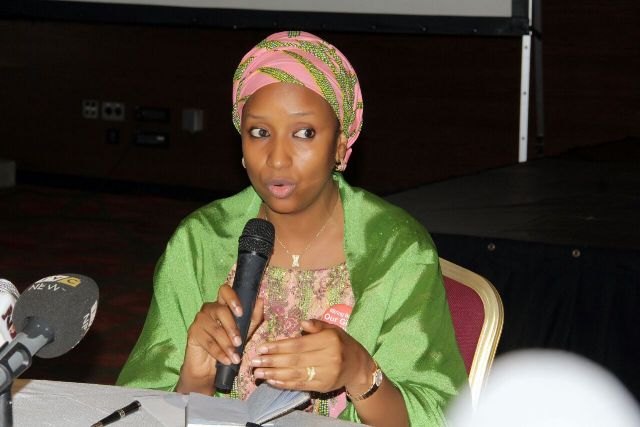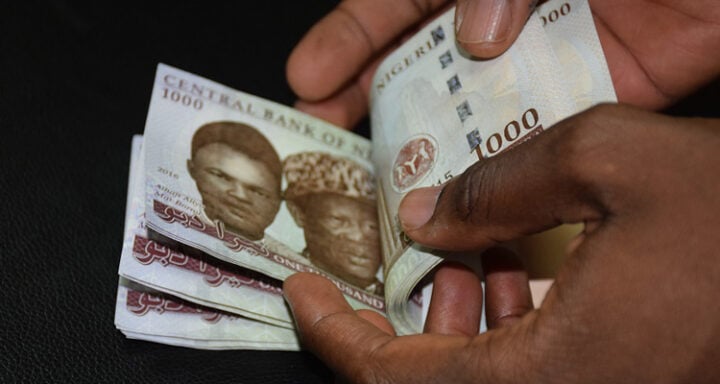Reps panel summons CBN, PENCOM, AGF over N33bn pension fund
Global rating agency Fitch, on Wednesday, said that Nigerian banks will face more challenges this year even after the difficulties of 2016.
Fitch made this known in its Peer Review reports, where it said the outlook for 2017 wasn’t much brighter than 2016.
According to the organisation, Nigerian banks struggled with declining operating profitability (excluding translation gains), sluggish credit growth, fast asset quality deterioration, tight foreign exchange liquidity and weakening capitalisation, putting increasing pressure on their credit profiles.
“The outlook for the rest of 2017 is not much brighter. We believe that the banks will continue to face extremely tight FC liquidity despite the authorities’ best efforts to normalise the foreign-exchange (FX) interbank market and improve the supply of US dollars,” it said.
Advertisement
“Fast asset quality deterioration is in line with our expectations given the macro challenges and the continuing issues in the oil-sector.
“Oil-related impaired loans (NPLs) are high and this excludes large volumes of restructured loans. Other industry sectors contributing to NPLs include general commerce and trading, which have been affected by both the naira depreciation and FC shortages.
“Overall, the largest Nigerian banks with stronger and more diverse business models, high revenue-generating capacity and stronger liquidity profiles appear to be coping better than smaller banks on most metrics. However, tail risks remain high for all banks due to their sensitivity to concentration risk.
Advertisement
“Together with significant loan restructuring (particularly in the oil sector), this will ease pressure on NPLs for now, in our view. Slower economic growth and a lower risk appetite from banks will continue to translate into subdued credit growth and weak core earnings generation in 2017.”
Add a comment






